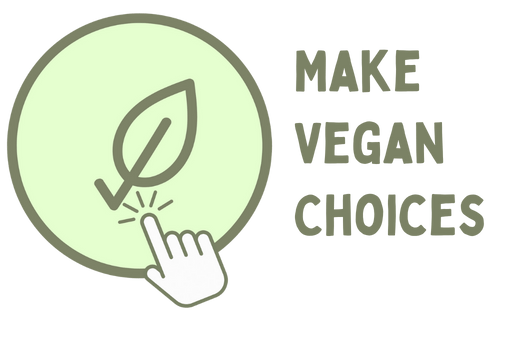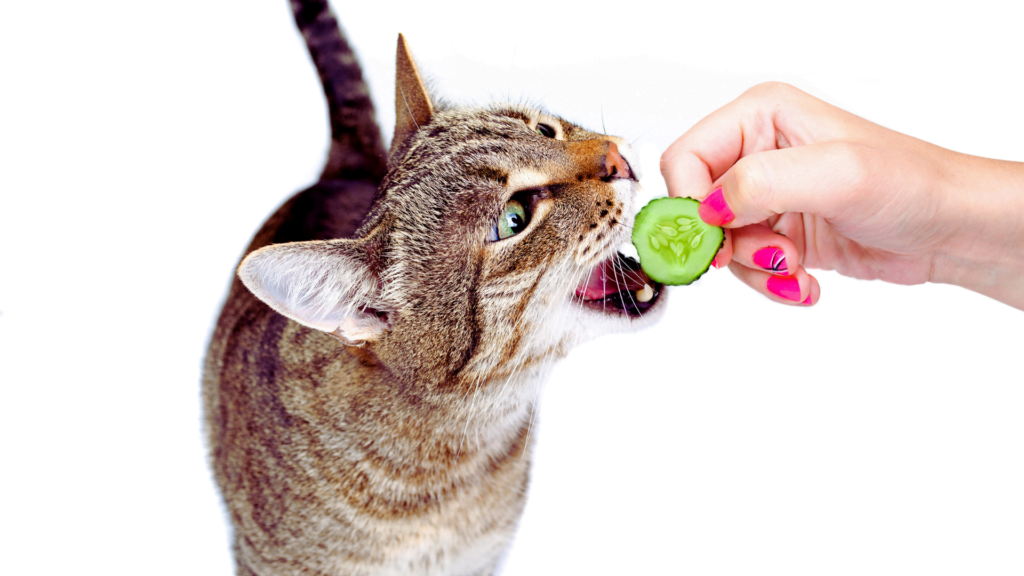Is Vegan Cat Food a Safe Choice for Your Cat?
As vegan diets surge in popularity for humans, many pet owners are now asking: Can cats thrive on vegan cat food too? While the ethical and environmental motivations behind plant-based lifestyles are admirable, the reality is far more complex for our feline companions. Unlike humans, cats are obligate carnivores—biologically wired to depend on nutrients found only in animal tissue. So, is it truly possible to meet all their dietary needs with vegan cat food? In this article, we’ll explore the science, risks, and expert insights to help you make an informed decision for your pet’s health—without compromising your values.
Why Vegan Cat Food Differs from Human Plant-Based Meals
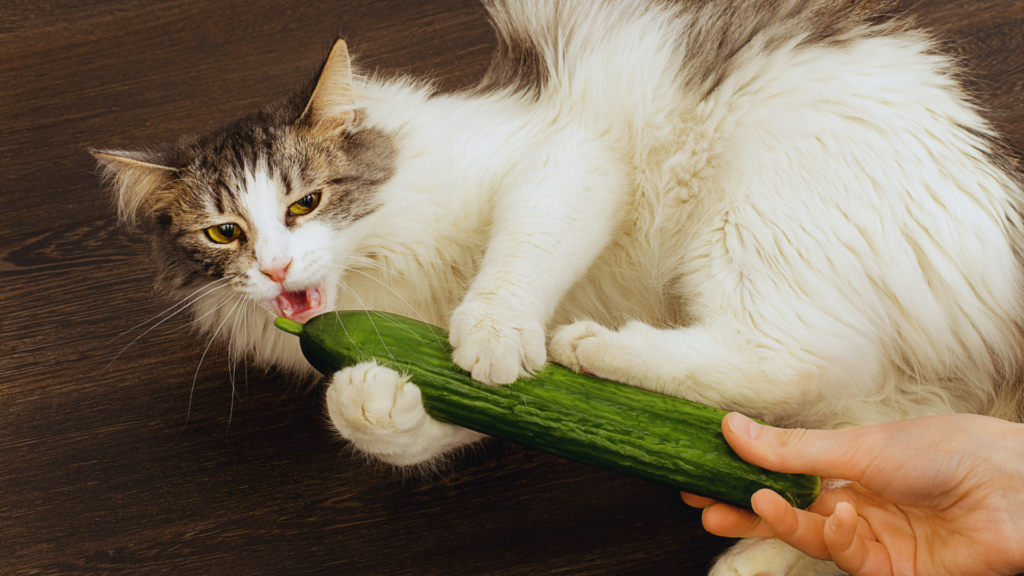
If you’re thinking of feeding your cat a salad with beans and tofu, the answer is a firm no. Cats require specific nutrients from meat to stay healthy, and their digestive systems are not good at processing carbohydrates. While dogs might do okay with some human food, cats are fussier and need a meat-based diet.
Understanding Nutrient Fortification in Vegan Cat Food
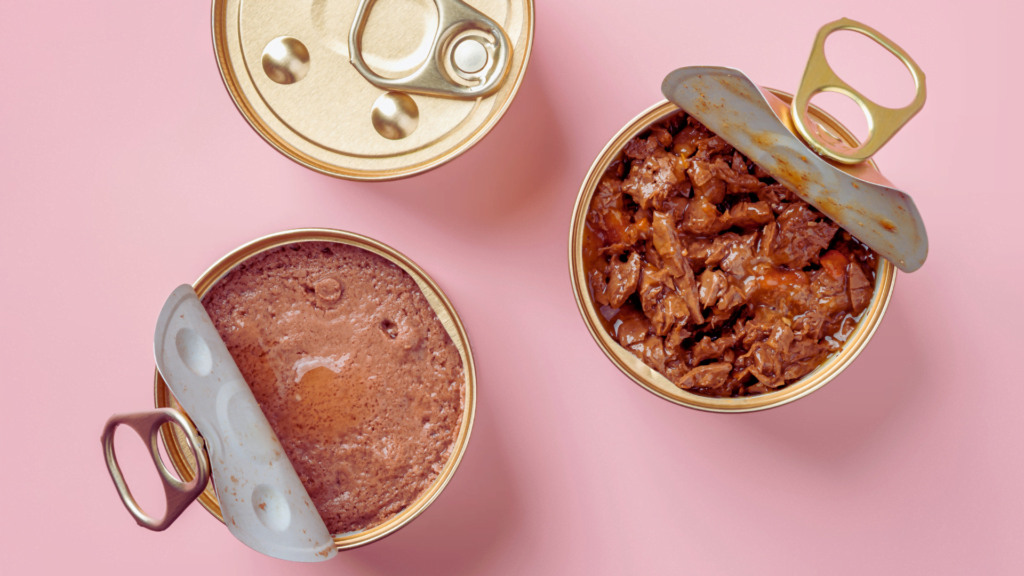
It’s essential to know that most store-bought pet foods consist of cheap fillers with added vitamins. While animal derivatives and grains offer little nutrition, reputable plant-based cat food brands replace the meat with plant-based ingredients. These foods are fortified with the necessary amino acids, vitamins, and minerals, making them nutritionally comparable to regular cat food.
Cats have specific dietary requirements that must be met to ensure their health. Here are some essential nutrients to consider:
- Protein: Cats require high-quality protein for growth and maintenance.
- Taurine: An essential amino acid found primarily in animal-based proteins.
- Vitamin A: Cats cannot efficiently convert plant-based beta-carotene into vitamin A.
- Vitamin B12: Naturally found in animal products.
- Arachidonic Acid: An essential fatty acid found in animal fats.
When evaluating cat food, it’s important to understand the quality and digestibility of the ingredients. Here’s a list of common ingredients, ranked from high-quality, most nutritious, and most digestible, to low-quality ingredients that can potentially lead to health issues for cats.
High-Quality Ingredients (Best / Most Nutritious / Most Digestible)
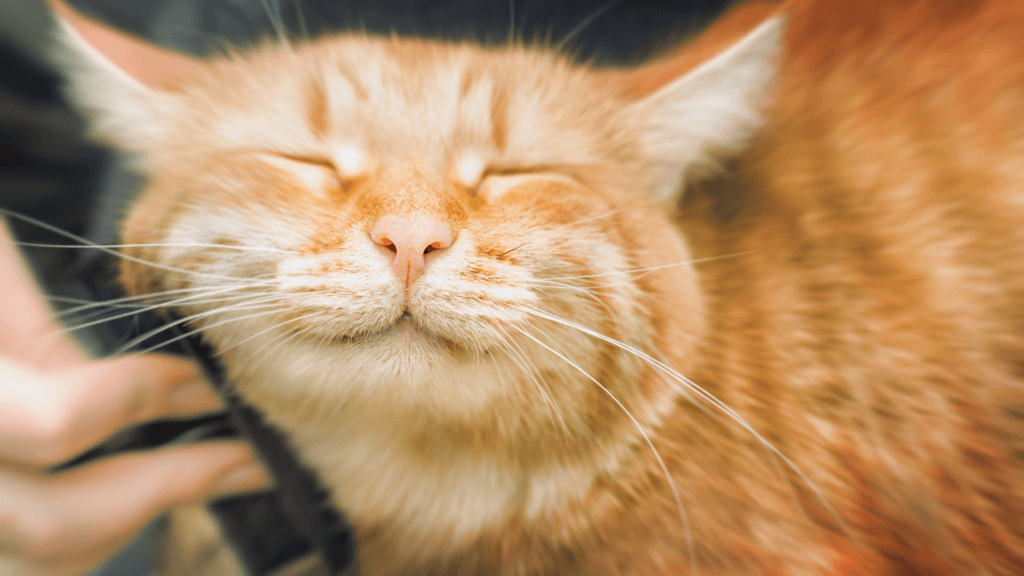
- Real Meat (e.g., Chicken, Turkey, Beef, Lamb, Salmon)
- Why it’s good: High in animal protein, essential for obligate carnivores like cats. Provides essential amino acids, including taurine.
- Concern: Look for specific named meats rather than generic terms like “meat” or “meat meal.”
- Meat Meal (e.g., Chicken Meal, Turkey Meal)
- Why it’s good: A concentrated source of protein made from real meat, with moisture removed.
- Concern: Ensure the source is named (e.g., “chicken meal”) to guarantee quality.
- Organ Meats (e.g., Liver, Heart)
- Why it’s good: Rich in vitamins, minerals, and essential fatty acids. Highly nutritious and natural for cats.
- Concern: Should not be the main ingredient, as excessive amounts can lead to imbalances.
- Eggs
- Why it’s good: Highly digestible source of protein, rich in amino acids, vitamins, and minerals.
- Concern: No major concerns; eggs are generally a high-quality ingredient.
- Fish Oil (e.g., Salmon Oil, Cod Liver Oil)
- Why it’s good: Provides omega-3 fatty acids (EPA and DHA), which are essential for skin, coat, and brain health.
- Concern: Avoid excessive use due to potential contamination with heavy metals and other toxins.
- Whole Grains (e.g., Brown Rice, Oatmeal)
- Why it’s good: Provides fiber, vitamins, and minerals, though less essential for cats compared to protein.
- Concern: Cats are carnivores, so grains should not be a primary ingredient.
- Vegetables (e.g., Sweet Potatoes, Carrots, Peas)
- Why it’s good: Provides fiber and natural vitamins, though not essential for cats.
- Concern: Vegetables should be limited and not a primary ingredient in cat food.
Medium-Quality Ingredients (Acceptable in Moderation)

- Animal By-Products (e.g., Chicken By-Product Meal)
- Why it’s okay: Can provide valuable nutrients but is less desirable than whole meat or meat meal.
- Concern: Quality varies, and it can include less digestible parts like beaks and feathers.
- Grain By-Products (e.g., Corn Gluten Meal, Wheat Gluten)
- Why it’s okay: Provides protein and fiber but is less digestible and lower in nutritional value than whole grains.
- Concern: Often used as a cheap filler, which can lead to food allergies or sensitivities.
- Soy Protein
- Why it’s okay: A plant-based protein that can supplement animal protein.
- Concern: Cats have difficulty digesting plant proteins, and soy can cause allergies.
Low-Quality Ingredients (Low Nutritional Value / Potential Health Risks)

- Artificial Colors and Flavors
- Why it’s bad: Adds no nutritional value and may cause allergic reactions or behavioral issues.
- Concern: Indicates a lower-quality product aimed at appealing to humans rather than being nutritious for cats.
- Preservatives (e.g., BHA, BHT, Ethoxyquin)
- Why it’s bad: These chemicals are used to extend shelf life but are linked to potential health risks, including cancer.
- Concern: Look for natural preservatives like mixed tocopherols (vitamin E) instead.
- Sugar and Sweeteners (e.g., Corn Syrup, Caramel)
- Why it’s bad: Adds no nutritional value and can lead to obesity and diabetes.
- Concern: Cats don’t need sugars, and it can be a sign of low-quality food.
- Bone Meal
- Why it’s bad: Provides calcium and phosphorus but can be poorly processed, leading to imbalances and contamination.
- Concern: Quality and safety can vary greatly.
- Animal Fat (Unnamed Source)
- Why it’s bad: Can provide energy and flavor but is often of unknown origin and lower quality.
- Concern: Look for named sources of fat (e.g., “chicken fat”) for better quality assurance.
Ingredients of Concern
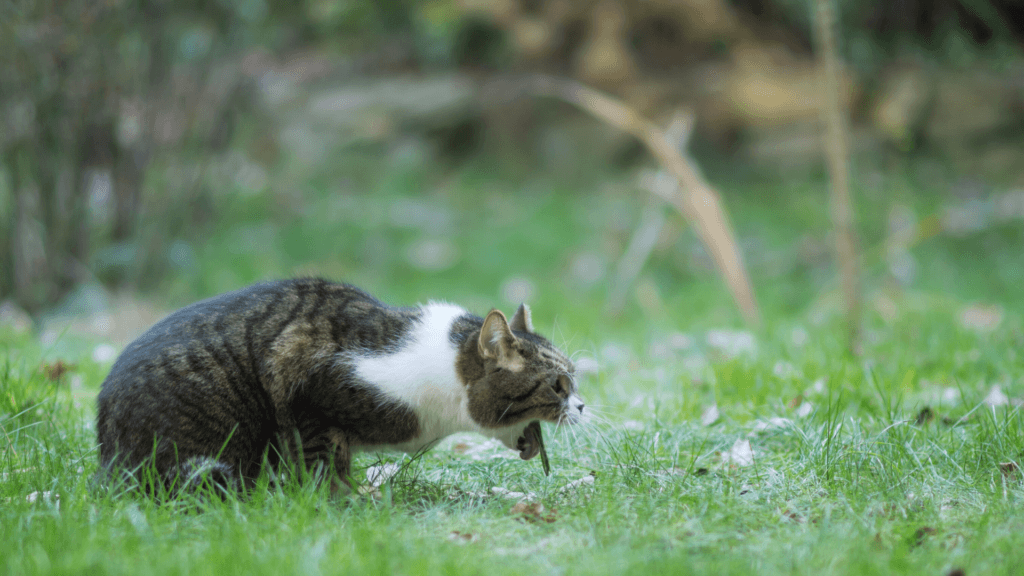
- Carrageenan: A common thickener in wet cat food that has been linked to gastrointestinal inflammation and cancer.
- Cellulose: Often used as a fiber source, cellulose is an indigestible plant material that provides little nutritional value and can dilute the quality of the food.
- Corn and Wheat: These are common allergens for cats and can contribute to digestive issues. They are often used as cheap fillers.
Is Plant-Based Cat Food Healthier Than Regular Cat Food?
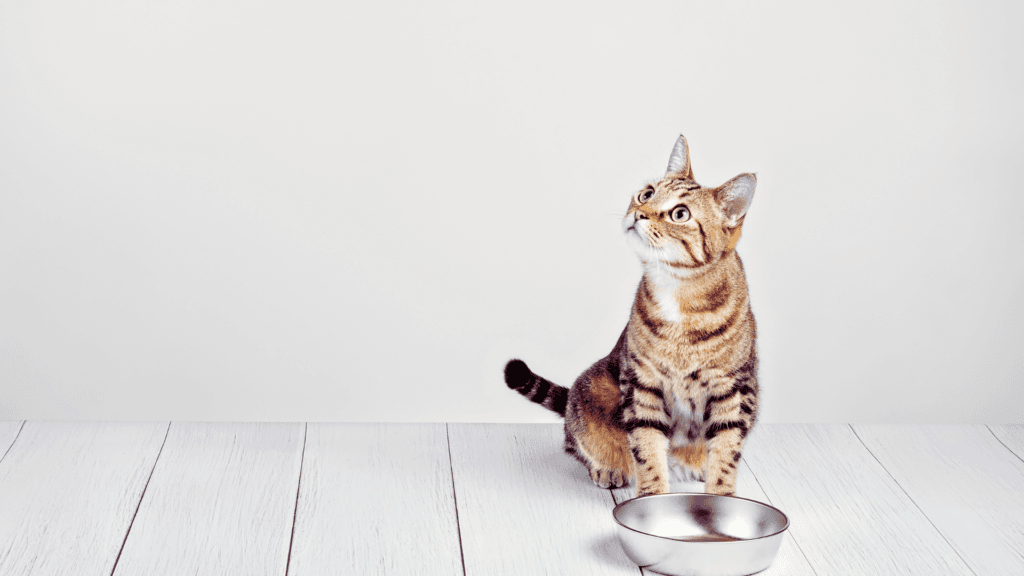
The quality of cat food varies, and some brands may contain questionable ingredients, such as corn, which some cats cannot tolerate. High-quality non-vegan brands can obtain their vitamins naturally from quality ingredients, whereas plant-based cat foods often rely on synthetic vitamins. If you’re choosing between the cheapest non-vegan option and a plant-based one, the latter might be a healthier and kinder alternative.
A 2023 study published in the journal Veterinary Nutrition found that while some vegan cat foods meet minimum nutritional requirements, long-term effects on feline health remain under-researched. Veterinary experts generally recommend caution due to potential nutrient absorption issues.
Dr. Jane Smith, a feline nutritionist, advises: ‘While vegan diets can theoretically meet a cat’s nutritional needs, they require careful formulation and regular monitoring to avoid deficiencies
Understanding Cats’ Natural Instincts
All cats possess hunting instincts, and research shows that even well-fed domestic cats will pursue prey when given the opportunity [3]. This behavior isn’t just about hunger—it’s deeply encoded in their DNA. Studies have found that domestic cats retain about 95% of their wild ancestors’ hunting behaviors, highlighting their natural carnivorous nature [4].
Test A Variety Of Different Cat Foods
Cats can be finicky, often changing their preferences. While you want to provide the most nutritious food within your budget, it’s also important to find something your cat will actually eat. Test various high-quality foods, including plant-based options, to see what your cat likes best.
The Pros of a Plant-Based Diet for Cats
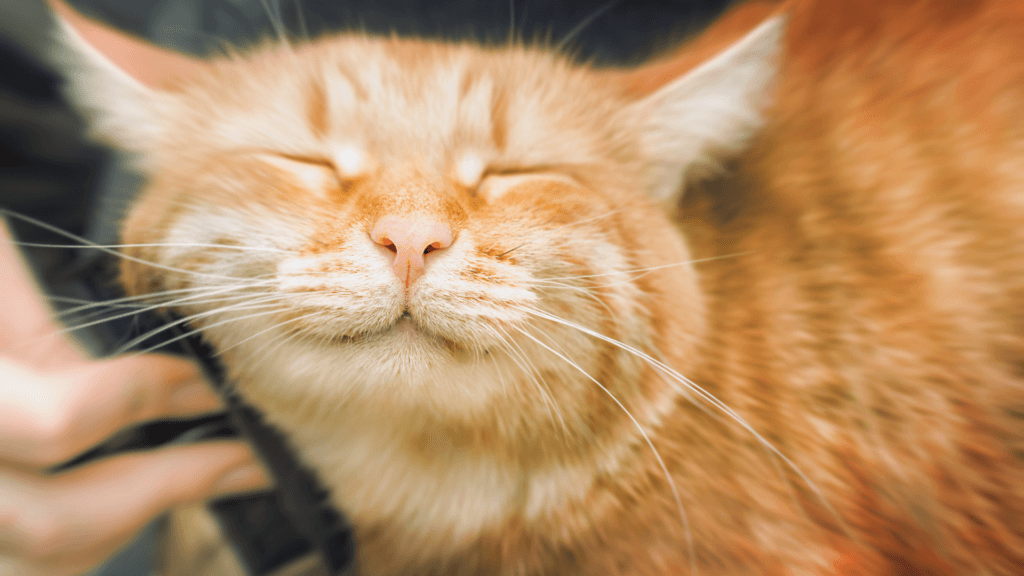
Feeding your cat a plant-based diet can offer several benefits:
- Reduced exposure to hormones and antibiotics: Many conventional meat-based cat foods contain these substances.
- Environmental impact: Feeding a cat a vegan diet could reduce the carbon footprint associated with traditional meat-based pet food. According to a 2022 report by Pet Sustainability Coalition, pet food production accounts for approximately 25-30% of the environmental impacts of meat production in the U.S. alone
- Alignment with vegan values: Feeding your cat a plant-based diet can reflect your lifestyle choices.
- Potential reduction in certain food allergies
- Lower levels of environmental contaminants
The Cons of a Plant-Based Diet for Cats
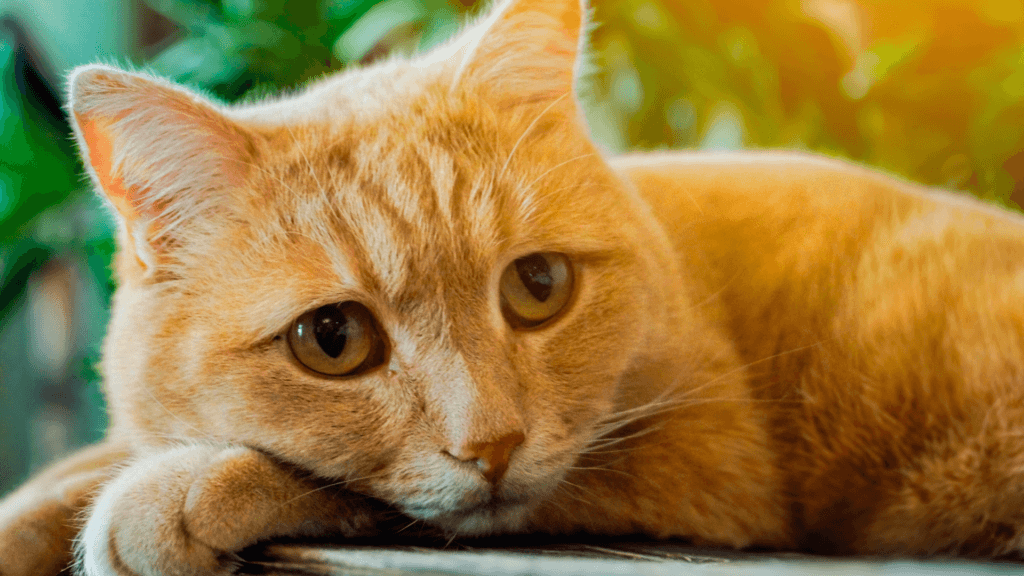
However, there are challenges to consider:
- Nutritional deficiencies: Cats may not get all the nutrients they need from a vegan diet.
- Resistance from veterinarians: Some may not support vegan diets for cats.
- Potential digestibility issues
- Risk of urinary tract problems
- Challenges maintaining proper pH balance
- Long-term health impacts still under research
Tips for Transitioning Your Cat to a Vegan Diet
If you decide to switch your cat to a plant-based diet, consider these tips:
- Consult a veterinarian: Ensure your cat’s dietary needs are met.
- Gradual transition: Slowly introduce the new diet over several weeks.
- Choose quality vegan cat food: Look for products that are complete and balanced.
- Monitor your cat’s health: Keep an eye on their well-being and adjust the diet as needed.
- When selecting plant-based cat food, look for AAFCO Certification: Ensures the product meets minimum nutritional standards
Expert Recommendations and Monitoring
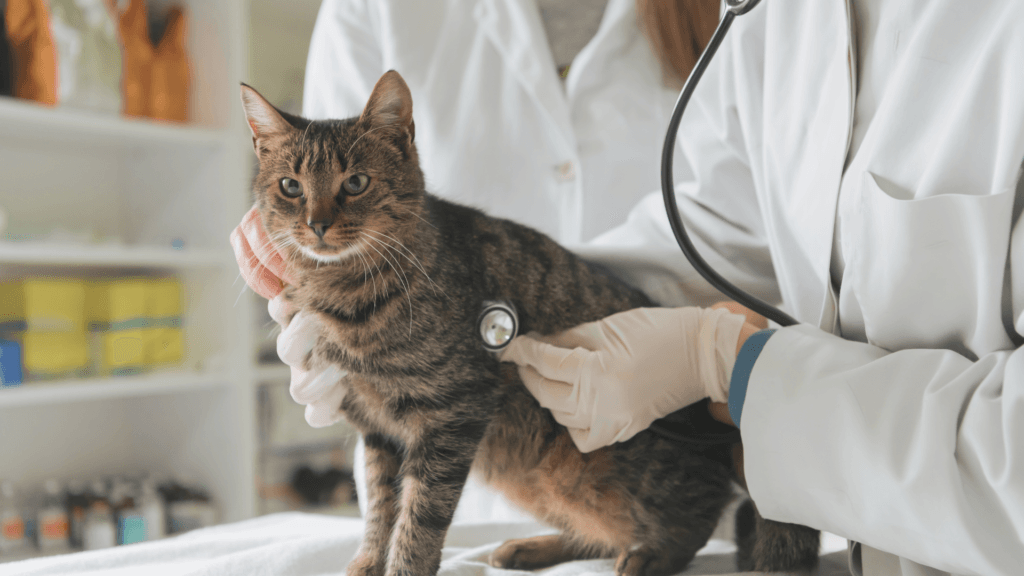
- Regular blood work to monitor nutrient levels
- Urinary pH testing
- Professional veterinary oversight
- Documentation of health mark
Conclusion
We all love our pets deeply and want what’s best for them—just as we want what’s best for all animals, which is why many of us choose a vegan lifestyle. While it’s possible to feed your cat a plant-based diet with careful planning and expert guidance, their unique biology requires special attention to ensure they thrive. If you’re considering this path, consult a veterinarian to create a nutritionally complete meal plan that keeps your feline friend healthy while honoring your ethical values. Because at the heart of veganism is compassion—for animals, for the planet, and for the beloved pets who share our lives.
